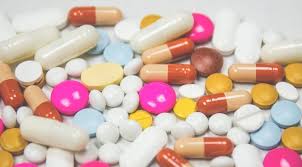Antibiotic misuse may adversely affect cancer treatment

New York : Long-term antibiotic overuse or misuse may make people drug resistant and vulnerable to infection, impacting cancer treatment efficacy in a negative way, new research suggests.
Antibiotic use is known to have a near-immediate impact on our gut microbiota and any negative impact of antibiotics on cancer treatment appears to go back to the gut and to whether the microbiota is needed to help activate the T cells driving treatment response, said Gang Zhou from Medical College of Georgia at Augusta University in the US.
Immune cells like T cells recognise the abnormal proteins often present on cancer cells and infiltrate to attack the tumour. However, as the tumour grows, it often devises ways to suppress the activity of the T cells.
“It likely depends on what types of therapy physicians are giving to patients and how often they also are giving them antibiotics,” said Zhou, corresponding author of the study in the journal Oncotarget.
Infections are typically the biggest complication of chemotherapy, and antibiotics are commonly prescribed to prevent and treat them.
“We give a lot of medications to prevent infections,” said Locke Bryan from Augusta University.
“White blood cell counts can go so low that you have no defence against bacteria, and that overwhelming infection can be lethal,” Bryan, a study co-author, explained.
In this high-stakes arena, where chemotherapy is increasingly packaged with newer immunotherapies, the researchers found more evidence that antibiotics’ impact on the microbiota can mean that T cells, key players of the immune response, are less effective and some therapies might be too.
IANS







